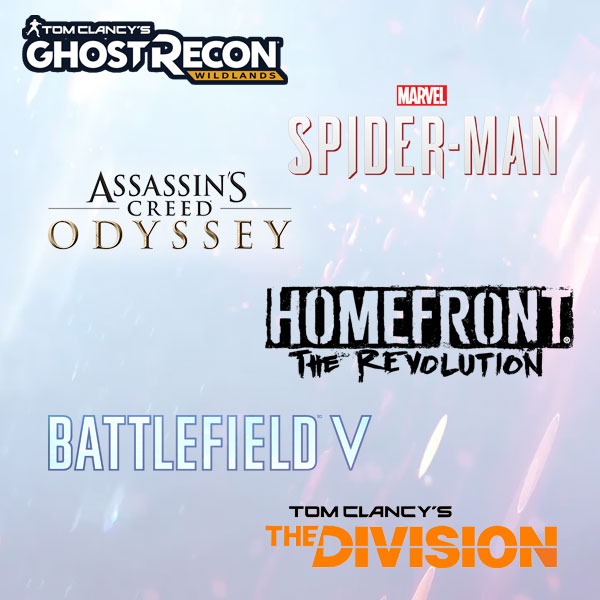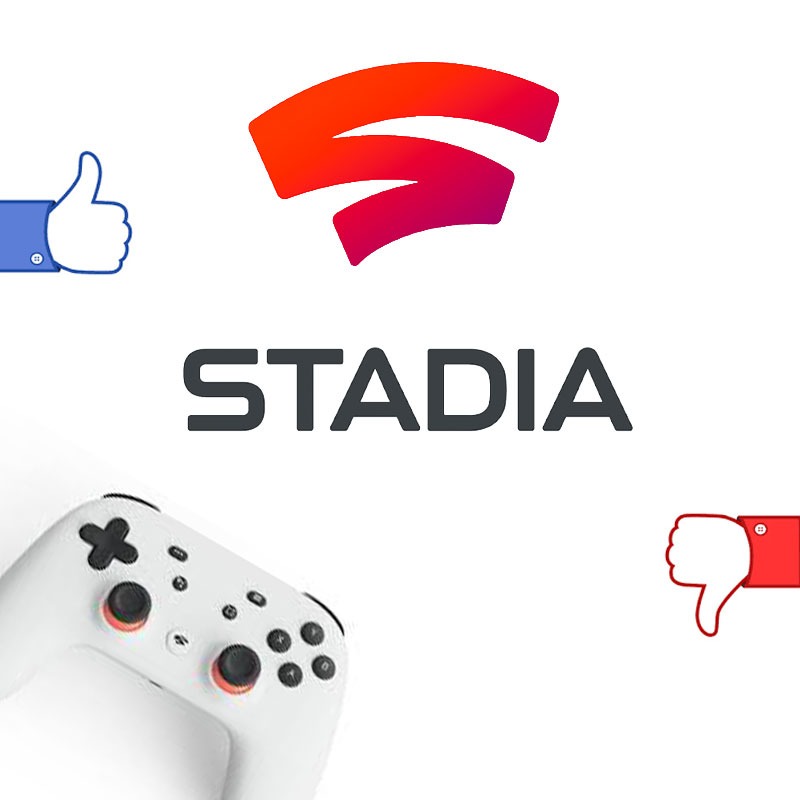Next-gen game prices are rising and some of the publishers are already selling games at $70. Some of the cross-gen games that offer next-gen upgrades have even a higher price tag than $70. The publishers that are not selling games at higher prices are going to do so in a year or two due to the trend of the industry. According to the developers, the cost of video game development has raised exponentially over the years. It is the reason that next-gen games are costing $70 instead of $60.
There are some key factors that developers are trying to sweep under the rug. Microtransactions, DLC content, and different editions of video games are making up for all the development costs. Sure the cost of production has increased but so does the means of earning. Let’s discuss the statement of Days Gone writer about buying games at full price even though next-gen game prices are rising.
Incomplete Games
In recent years, there has been a trend of releasing underdeveloped games. There are many examples of such instances in even the most recent titles. Outriders is one such example that is still not stable even after updates. These incomplete titles cost full price despite having many problems. Some of the most hyped-up games can also turn out to be an utter disaster. Cyberpunk 2077 was the biggest disappointment that failed to deliver most of its promises. In such situations, should we even pay $70? Not to mention the cost of microtransactions, different editions, and DLCs. Next-gen game prices are not justifying for what it is offering.
Days Gone
This discussion is based on what the writer and creative director of Days Gone John Garvin said “Don’t complain if a game doesn’t get a sequel if it wasn’t supported at launch,” he later mentions that God of War had more sales at launch while Days Gone did not. This clearly states that he understands what the problem with Days Gone was at launch. It was full of bugs at launch and nearly unplayable. You can’t play Days Gone without updates because the bugs will get in your way. It is one of the few PlayStation exclusives that was full of bugs at launch. Sony has canceled the pitch for Days Gone 2 which led John Garvin to present his opinion.
I do agree with what he is saying but it should not come from a writer and creative director of a buggy game at launch. With updates Days Gone became a better game and it is the reason that Days Gone is considered to be a hidden gem. It is one of my favorite games of all time despite having some profound gameplay issues. If players start supporting half-baked games, then we are going to start getting games like Anthem and Cyberpunk 2077. Next-gen game prices are rising despite having a large number of bugs upon launch. Players should protests through their pockets rather than empty words while still buying such games at full price.
Microtransactions, Paid DLC, and Editions
In a sense, video games are costing more than $70 for years. There are different editions for games upon release. Collector editions offer physical items and are unique so that’s not something we are discussing here. Other editions that contain only a couple of digital items are worth discussing. With the release of each game, we see Standard Edition, Deluxe Edition, and other such editions. These editions offer nothing more than a couple of cosmetic items or a couple of gameplay items. Next-gen game prices are $70, which means that standard editions are now going to cost $10 more and other editions are costing $80. Returnal which is a PlayStation exclusive is also following a similar strategy.
Microtransactions Are Not Going Anywhere
Microtransactions would still be there, even if video games start costing $100 or more. It is one of the major reasons that developers are releasing more online games. Some games are filled to the brim with microtransactions. In hope of earning some extra, developers can filling games with microtransactions even when there is no need. Microtransactions in pay-to-play are expected as long as they give you the types of cosmetics items that other players can find through playing games.
Items that give you a gameplay advantage are not acceptable in even free-to-play games because you have to pay for them just to get a gameplay advantage. Such items create two different classes of players where the one with deeper pockets gets the better stuff. Microtransactions that give players gameplay advantages are disappearing. There are still some games with microtransactions that give players an indirect gameplay advantage. In the last couple of years, microtransactions are taking over even pay-to-play online which makes you question the next-gen game prices.
DLCs Can Make Games More Expensive
Even if all of the microtransactions disappear from games, paid DLCs would still be there. In the good old days, games were a one-time deal. If you bought a game in those days then you did not have to worry about any DLC. Buying games at full price these days was more preferable since no DLCs were coming out. Nowadays, if you buy a game then you still might need to buy DLC just to unlock its full potential. Some DLCs even act as a major part of the story making it an extra cost for next-gen game prices. In such a situation, buying games at $70 at full price and then later buying DLCs for such games makes them even more expensive.
Some players would wait for the full version of the game to come out just so that they can buy all DLCs without spending more than $100 on it. In such a situation, expecting people to buy games at full price seems kind of cruel. I do agree that DLCs are a better deal than microtransactions since they add more to the gameplay. However, in online games, DLCs can make two different types of player base The Division 2 is one such example. Despite all its shortcomings, I would prefer expansions over microtransactions.
Verdict
John Garvin makes a good point but it is not an ideal and cost-effective way of buying games with DLCs, Microtransactions, and bugs. Some games have so many bugs that by the time updates remove these bugs games are already on sale. On the other hand, games might be full of microtransactions and might even have DLCs that are an important part of it. How can developers expect us to buy games at full prices because all these scenarios go directly against consumers?
If developers do their jobs properly then they won’t have to ask this of consumers since they would do it anyway. Buying a game and having a complete game are two different things. Many games are not complete upon launch, making it unrealistic to buy them at launch. Next-gen game prices are rising which is making the situation even worse because the quality of games is not changing.
Discover more from Play Ludos
Subscribe to get the latest posts sent to your email.











